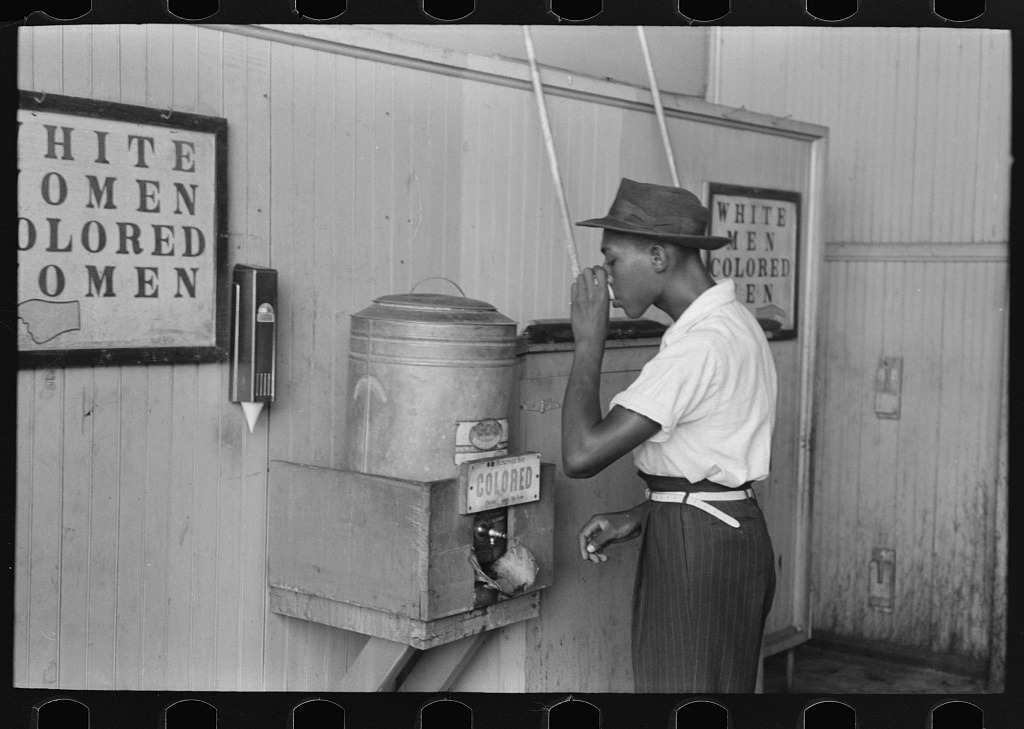On May 18, 1896, the United States Supreme Court ruled in Plessy v. Ferguson to uphold a Louisiana state law allowing “separate but equal” facilities for white and Black railroad passengers.
The historic lawsuit was brought by Homer Plessy, who was arrested on June 7, 1892, for sitting in a whites-only section of a railcar and charged with violating the state law. Although Criminal District Court Judge John H. Ferguson ruled against him, Plessy eventually won the right for the case to be heard before the U.S. Supreme Court.
“Separate but equal” was the beginning of solidifying Jim Crow laws, creating separate but clearly unequal accommodations all over the South. It wasn’t until the 1960s that state-sanctioned segregation laws were found unconstitutional.
Click play to listen to the AURN News report from Clay Cane. Follow @claycane & @aurnonline for more.




